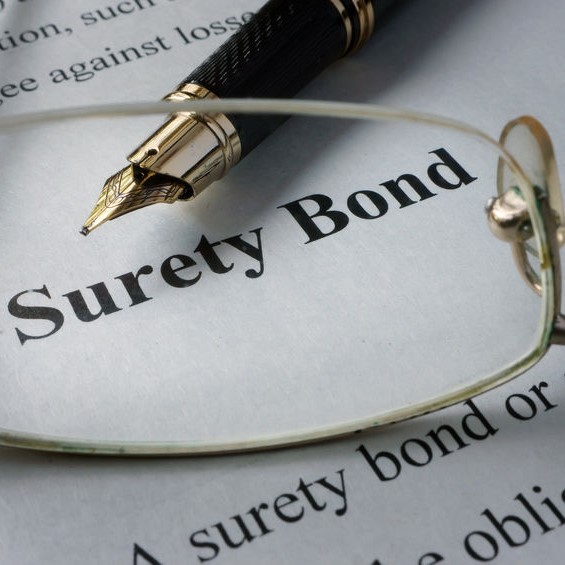
Understanding Your Charges
What is a DWI in Texas? A DWI in Texas is consuming any alcohol or drug while operating a motor vehicle. The state of Texas uses the DWI (driving while intoxicated) as the official term where other states use DUI (driving under the influence). The two terms are used interchangeably when referencing whether an individual was drugged or drunk when the judge hands down a DWI bond.
What is the difference between DUI and DWI in Texas?
As we stated earlier, in the state of Texas, a DUI and a DWI are considered the same with DWI being the official charge. It is of the state’s opinion that when any person commits a DWI, they lack the mental or physical faculties to operate a motorized vehicle safely in public. A DWI bond will be required to get any person 21 years of age and older out of jail if they have been arrested for a DWI. The legal limit for 21 years of age and older is .08 blood or breath alcohol concentration, or impairment by drugs.
Under Texas law, however, any person under 21 years of that is pulled over and found to have alcohol in their system will be charged a “DUI” or “DUIA” (Driving Under the Influence of Alcohol). This is the only time a DWI bond is set and referred to as a DUI in Texas.
Is a DWI a felony or misdemeanor in Texas?
In Texas, a DWI is charged as a felony when the arrested has three or more prior DWI offenses. It is referred to as the ‘three and out’ law, though there are conditions where a 1st or 2nd DWI offense could be charged as a felony.
Is jail time mandatory for a 1st DWI in Texas?
A first DWI offense in Texas could be granted probation after a DWI bond has been placed. You could also be sentenced up to three days in the county jail. Another possibility would be supervised community service.
Can you drive after a DWI in Texas?
Fortunately, yes, in Texas any person that is convicted of DWI can recover their right to drive. They will be required to have a restricted ignition interlock device license. The license allows a person with a suspended Texas driver’s license to drive as long as the IID is installed. Installation of the IID is at the defendant’s expense.
How long does a DWI stay on your record in Texas?
In Texas, a DWI is permanent unless you can have it expunged or sealed. The DWI will show up on any criminal background check for potential employers, landlords, a homeowner’s association, or other persons that require a background check.
Can a DWI be dismissed in Texas?
In Texas, law enforcement officers are required to prove there was reasonable cause and suspicion to pull anyone over. If there is no proof that there were noticeable signs of a person drunk driving, and there wasn’t any other law broken, this could get a dismissal. Once you have paid the bail for your DWI bond, if you have not hired a lawyer, now is the time.
First-time DWI offenders with no other criminal history can often have their charges lowered or dismissed. In either case, it is recommended to have a DWI defense attorney represent you in court. They will have the experience and knowledge to work the system to your advantage.
How much does a DWI lawyer cost in Texas?
An experienced DWI defense lawyer can cost anywhere from $1,000 and up to $5,000 for a simple DWI case that doesn’t require a trial. If a trial is necessary, you expect the lawyer to cost as much as $10,000. A few different factors can affect these costs.
1). Every DWI defense lawyer will employ a different fee structure which will affect the cost. For example, some lawyers charge by the hour and other DWI defense lawyers charge a flat rate. The hourly charge can fluctuate in cost depending how much time is spent on your case. With an hourly rate lawyer, any phone call, piece of mail opened or sent, any paperwork filed with the court will be a minimum one hour charge.
2). A lawyer and his firms background and experience can be a factor in what the charge. The more established the lawyer or firm, the more they will cost.
3). Each DWI case has different detail specific to the situation. These specific details can affect the cost of your DWI defense lawyer.
4). A DWI case that goes to court will cost more than a DWI charge settled out of court.

In Conclusion
With probation issued for a DWI charge, the judge will typically require the defendant to attend a DWI class. A first-time DWI offender may be required to attend a DWI class as well. This cost is out-of-pocket for the defendant. So, how much are DWI classes in Texas?
The general cost for DWI classes averages from $90 to $125. The defendant has 180 days to complete the class during the assigned probation period. If the class is not completed on time, the defendant’s driver’s license is suspended, and the probation could be revoked. Proof of extenuating circumstances must be proven to request an extension from the court.


















